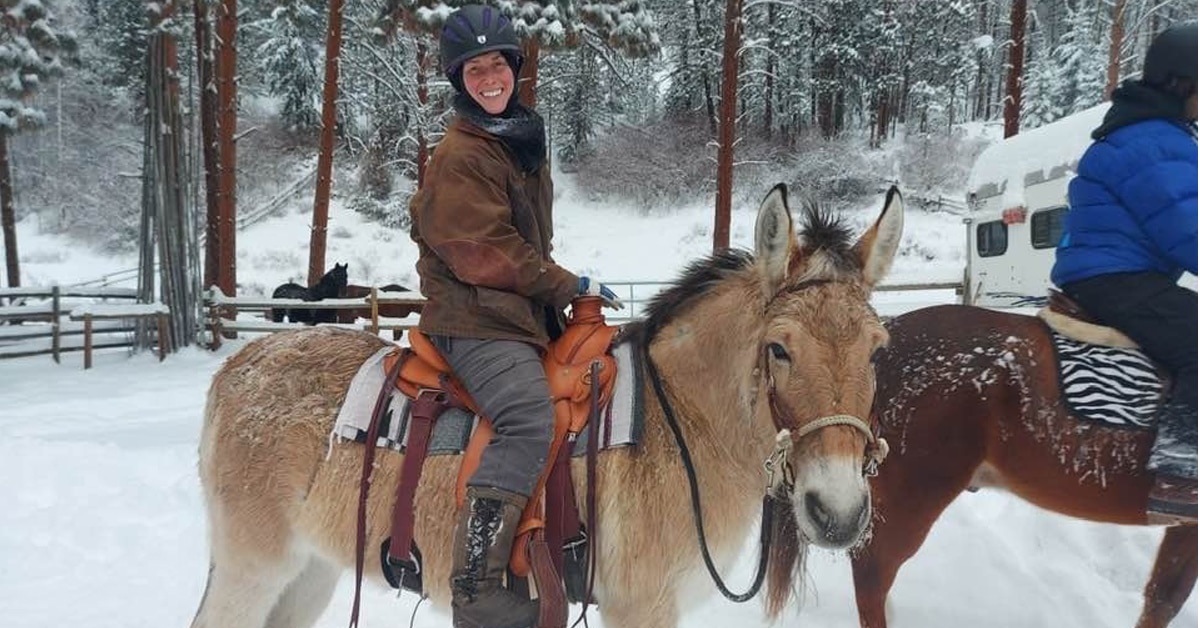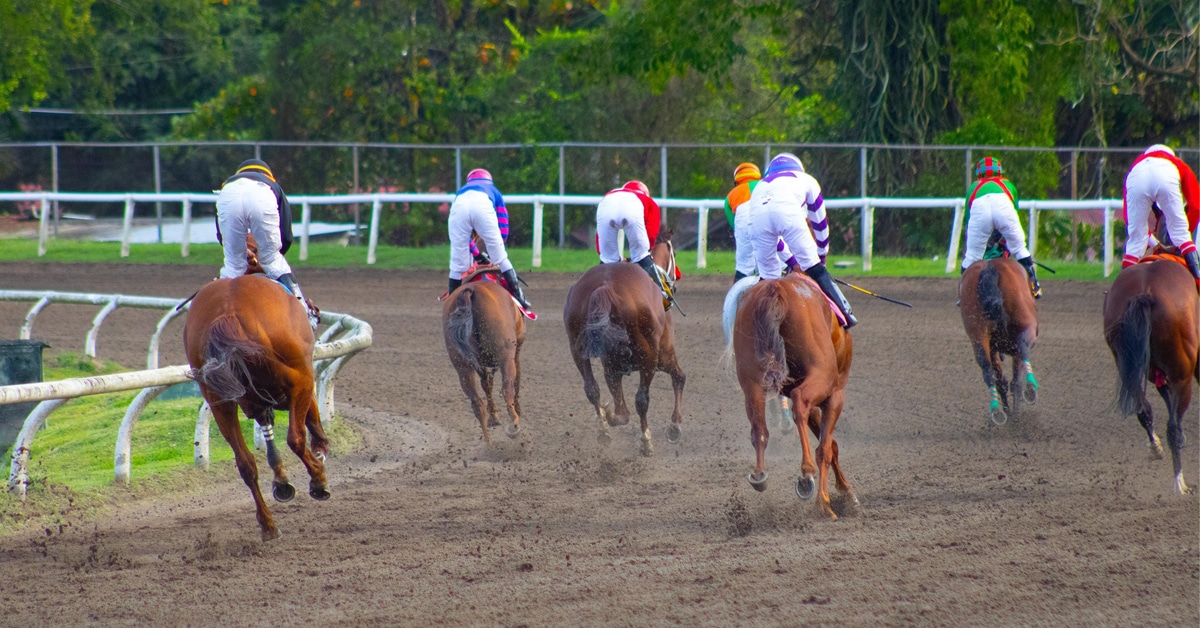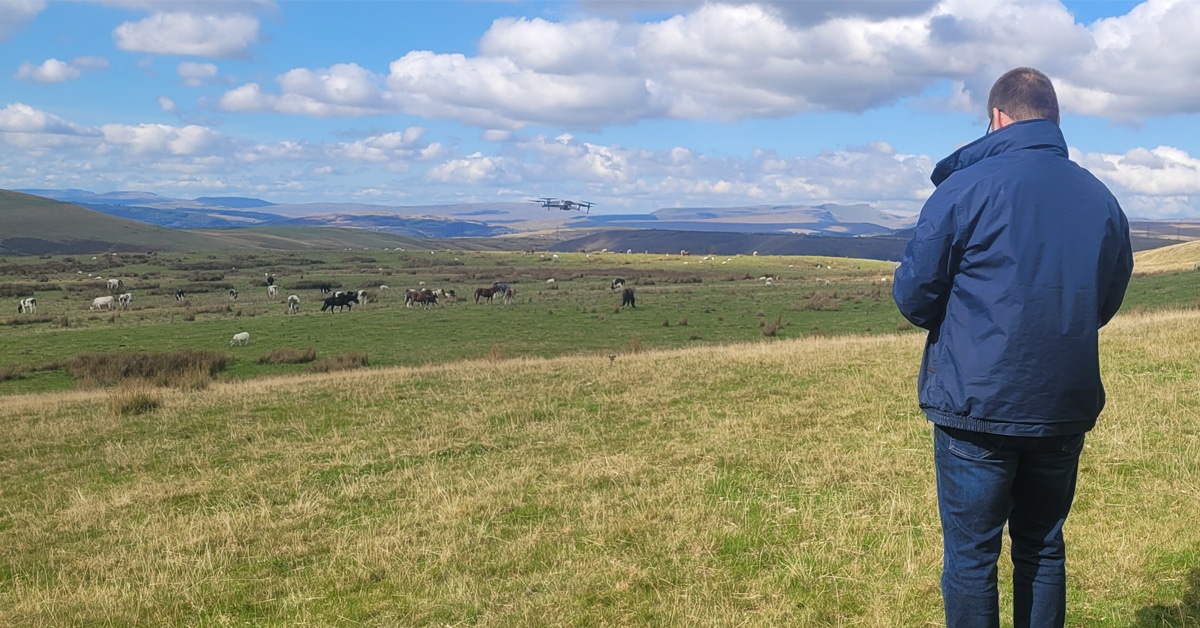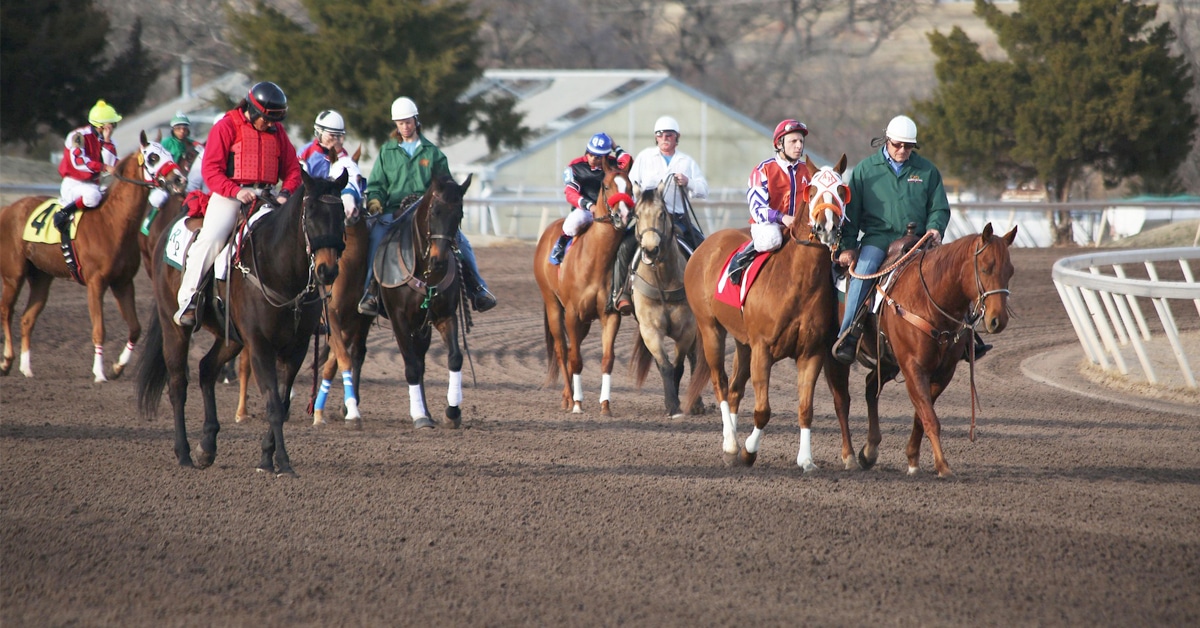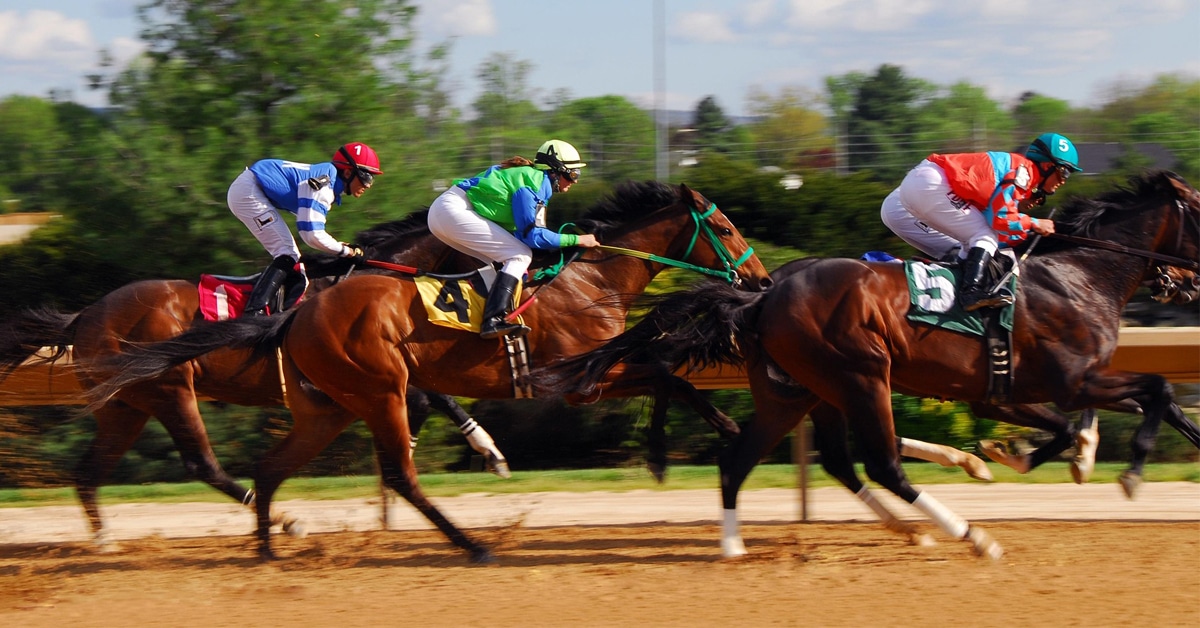The field of “Equitation Science” originated at a 2002 conference, the Havemeyer Foundation Workshop in Ireland, where a group of like-minded psychologists, veterinarians, ethologists and other equine specialists gathered to share expertise on horse behaviour and welfare. Established following the conference, the International Society of Equitation Science is committed to improving the welfare of horses in their interactions with humans through the application of objective research. Their mandate is straightforward: in training horses, we need to rely not on long-held, often subjective, beliefs, but on the more than 100 years of psychological research on learning theory.
Interestingly, learning theory has been enthusiastically embraced in the realms of dog training, but has not yet been adopted in the training of horses. Equitation Science maintains that by ignoring this wealth of information, we train horses inconsistently, in ways that often compromise their welfare, put riders and handlers at risk, and contribute to increased “wastage” in the industry (i.e. where horses develop such severe behavioural problems that they are prematurely retired or destroyed). To help you better understand Equitation Science, let’s recap of some learning principles that form the foundation of this movement.
LEARNING THEORY BASICS
Reinforcement – when a stimulus increases the likelihood that a response will occur
Reinforcement occurs when an event following a response increases an individual’s tendency to make that response. A response is strengthened because it leads to rewarding consequences. We generally think of reinforcement in terms of positive reinforcement, where a desired behaviour is rewarded with something pleasurable. Reinforcement can also be negative, however, and this method forms the basis of almost all horse training.
Negative Reinforcement – when something unpleasant ends
Negative reinforcement simply means that in order to achieve the desired behaviour, we stop doing something aversive, even mildly aversive, making it more likely that we will see this desired behaviour occur in the future. In other words, the release, or the ending of something unpleasant, becomes the reward. For example, we apply pressure to the horse’s mouth through the reins, the horse slows or collects his gait, and we ease the pressure. In the round pen, we move the horse until we see the desired response (the horse turns his attention to the trainer) and we ease up on the chasing. We are letting the horse know what behaviour we want by rewarding that behaviour with ending the unpleasantness.
Punishment – when a stimulus increases the likelihood that a response will not occur
Sometimes confused, negative reinforcement is distinct from punishment. Negative reinforcement involves the removal of an unpleasant stimulus, thereby strengthening a response. Punishment, on the other hand, weakens a response. There are two types of punishment, positive and negative. Negative punishment is the removal of something pleasant (eg. Denying dessert for elbows on the table). Positive punishment involves the addition of an unpleasant stimulus, thereby decreasing the likelihood of a response. This is the most common understanding of punishment.
When your horse does something objectionable, such as biting you, for example, you may punish him by shouting and perhaps slapping his nose. A less obvious example happens when negative reinforcement is poorly executed and we punish our horses by not releasing pressure when the horse has offered the desired response. Unfortunately, well-meaning riders are often guilty of this kind of punishment because their timing, physical condition, or lack of experience compromises their ability to release and reward appropriately. Consider the horse who makes such a tremendous jumping effort that he unbalances his rider, who falls back on the reins and inadvertently punishes the horse for his effort. If this happens often enough the rider eventually trains the horse, through punishment, to avoid jumping altogether. Often, the horse is also punished for refusing to jump, however, leaving him with no correct answer to the question. Is it any wonder horses resort to “bad” behaviour such as bucking, bolting, or refusing to go into the arena? It is precisely these “conflict behaviours” that Equitation Science seeks to address and eliminate.
Classical Conditioning – when something neutral is paired with something of value
Classical conditioning happens when something that was previously a neutral stimulus (neither pleasant nor unpleasant) is paired with something that has inherent value for survival (e.g. food, sex, affiliation, etc.). As a result of this paired association, the once neutral stimulus now takes on the value of the stimulus with which it has been paired. Children do not innately see money as reinforcing. Over time, however, children and adults learn, through repeated paired associations, that money is connected to much that is inherently good (candy, rides, cool toys, nice houses, fancy horses, etc.) The neutral stimulus of money has now become so strongly associated with all the good thingsthat it brings, that money becomes rewarding in and of itself.
THE ROLE OF EQUITATION SCIENCE
Andrew MacLean and Paul McGreevy, two of the key researchers in Equitation Science, believe that trainers need to have a clearer understanding of how learning principles such as reinforcement, punishment, and classical conditioning are used in our daily training of horses.
Research suggests that these concepts are poorly understood by most qualified trainers. In a New Zealand study, Amanda Warren-Smith and Paul McGreevy gathered questionnaire responses from accredited coaches about their perspectives and understanding of basic learning principles. Of the 206 respondents, only three per cent correctly explained the use of positive reinforcement in training horses, yet 80 per cent said that it was “very useful.” Negative reinforcement was correctly explained by only 12 per cent of coaches, and punishment by only five per cent. One might argue that coaches understood these concepts in practical terms rather than scientific ones. Indeed, many coaches, the truly great “horsemen,” seem to have an instinctive feel for horse training and do so very effectively and humanely without any background in the science of learning theory.
Much of this horse training, however, stems from a philosophy of a horse’s agreeable nature and his desire to please his rider in working toward a common goal. If we believe that horses understand the training parameters and the required exercises, we may also feel more justified in punishing them when they don’t obey. How often have we heard, “He knows what I want, but he has no work ethic?” Of course the horse does not have a work ethic. These kinds of interpretations attribute much higher cognitive strategies to horses than they can ever live up to, create expectations they cannot possibly fulfill, and usually result in negative outcomes for the horse. Rather, if we understand horses in terms of consequences – horses, like most animals, do what works, and they cease doing what doesn’t work – the horse has a much better shot at giving us what we want and avoiding unjust punishments.
McLean notes that even though negative reinforcement is used, almost exclusively, across all disciplines of equine training, many skilled horse trainers have a fuzzy grasp of its meaning, and confuse it with punishment. They believe that negative reinforcement necessitates negative outcomes for the horse, while positive reinforcement refers to a benevolent form of training and thus positive outcomes. Trainers often substitute a sound understanding of learning theory with an assumption of horses’ innate sense of cooperation and comprehension, and a belief in the reciprocal benevolence of the human-horse relationship. A sounder grasp of learning science, gives us the tools to recognize why horses respond as they do, ultimately reducing wastage and creating more positive horse human interactions. (2005).
Reinforcement to Classical Conditioning – putting the behaviour on cue
Equitation Science does not dispute that negative reinforcement is a fundamental and acceptable way to train horses. Rather, negative reinforcement is an effective training tool with horses because of their evolved tendency to avoid pressure. McGreevy states: “Most naïve horses respond to humans as they would to any predator. They behave in ways that help them avoid pressure, physical or psychological, by moving away… These basic evasive responses can be modified successfully to produce a highly responsive equine performer or unsuccessfully to produce a problem horse,” (2007, p. 495).
Equitation Science stresses that we need to apply negative reinforcement more accurately, appropriately, and systematically, with the eventual goal of moving from negative reinforcement to classically conditioned responses. Thus, once a horse understands a desired response through negative reinforcement, that response can be paired with a benign signal so that the horse need not experience any aversive signals once a response has been classically conditioned. Negative reinforcement may be used to introduce a new movement, but should never be seen as the final destination (McGreevy et al, 2007).
This transition from negative reinforcement to classical conditioning is not new to horse training, but it is seldom practiced in the methodical, goal-oriented fashion that MacLean and McGreevy suggest. A trained dressage horse, for example, will know that a tightening of the rider’s abdominal muscles is an indication to collect the stride. The horse was not born knowing this. In simplistic terms, he was initially trained through leg and rein pressure to shorten and elevate his stride, and the momentary release of that pressure told him he had offered the correct response – i.e. negative reinforcement. The rider gave the abs tightening aid simultaneously with the release reward such that these two things became associated or conditioned. From the horse’s point of view, abs tightening means to collect and the pressure will ease. Eventually, the abs aid is all that is necessary to tell the horse what we want – i.e. the aid has been classically conditioned. According to Equitation Science, there are a number of reasons why this theory is not so flawless in practice:
1. Negative Reinforcement as the End Goal
MacLean posits that the incorrect use of negative reinforcement is responsible for the majority of training failures. European studies of more than 3,000 horses sent to slaughter indicate that as many as 66 per cent were sent there for “inappropriate behaviour” (Odberg & Bouissou, 1999). A lack of understanding of the transition from negative reinforcement to classically conditioned responses results in an overreliance on negative reinforcement. Negative reinforcement becomes the end goal rather than transition training step towards achieving the desired movement with a neutral aid.
Most of us would consider it appropriate, for example, to apply at least some bit pressure to indicate that we want the horse to slow down, collect, or stop. When the horse gives us the desired response, we release this pressure – negative reinforcement. How much more comfortable for the horse, however, to classically condition this response so that a completely neutral aid may be applied instead – a touch of the wither for instance. Indeed, the sight of a horse being ridden bridleless is so singularly stunning because it seems inconceivable that one could effectively control a horse without some connection to the reins. We tend not to think that the aversive aid could be paired with a neutral aid such that the aversive aid would no longer be necessary.
2. Conflicting Aids and Learned Helplessness
Horses are further compromised when amateurs and professionals alike give conflicting aids – two opposing signals such as driving forward with seat and legs and applying rein pressure at the same time. MacLean notes that simultaneous contradictory pressure puts the horse in a physically impossible situation, as the muscles required to go forward and the muscles required to stop are antagonistic, resulting in “detraining” the desired responses. Not only does detraining make the horse less sensitive to the rider’s aids, but often gives rise to conflict behaviours such as bucking, bolting, or rearing. The horse seeks to avoid pain, and when caught between a rider’s hands and legs, he may resort to more active coping mechanisms to escape.
If painful contradictory signals occur over a prolonged period, horses (like humans and other animals) may eventually fall victim to the condition of “learned helplessness.” The term was coined by Martin Seligman (1978), who trained dogs to jump over a barrier to avoid an electric shock. When Seligman then introduced the electric shock to both sides of the barrier so that no amount of jumping would result in a reduction of pain, the dogs simply gave up and lay down on the electrically charged floor. Even when Seligman reintroduced the escape route to end the shocks, the dogs did not try to escape. Although their physiological responses indicated enormously elevated stress levels, their external responses were of total passivity. MacLean argues that horses put in a position of continual conflicting aids, where no behaviour will terminate the pressure, will eventually fall victim to this state of learned helplessness. What trainers may mistake as submission, obedience and successful training, may, in fact, be a horse who has given up trying to escape from relentless conflicting pressure.
3. When the Release Doesn’t Happen
Finally, the pressure/release formula of negative reinforcement works only with good timing, and that there is indeed a release. Amateurs often lack the coordination and experience for fine-tuned timing; rather than rewarding a desired behaviour with a release, they miss the opportunity and punish the behaviour by keeping the pressure constant, making it less likely that the desired response will reoccur. Professionals are also guilty, however, of failing to release appropriately in their efforts to push a horse to a higher performance level of a particular movement. With no alleviation of pressure the horse is again at risk for the rise of conflict behaviours and eventually learned helplessness.
McGreevy advocates the development of tools to measure pressure. Tension measuring devices such as the “Reincheck,” currently being used in Australian research, allows riders and trainers to know precisely how much pressure riders exert on their horses’ mouths and can systematically work to reduce it. Similar devices are currently being developed to fit into half chaps and saddle pads to measure leg and seat pressure. McGreevy maintains that these tension-measuring devices could be of enormous benefit to coaches and riders for working towards applying aids that are increasingly subtle.
CONCLUSION: THE TROUBLE WITH EQUITATION SCIENCE
Many argue that equitation science is too mechanical, artificial and formulaic to capture the refined and spiritual relationship that humans have with horses. The reduction of this relationship to principles of learning theory seems devoid of compassion or connection. This wish to connect with our horses may explain the popularity of the last two decades of horse whisperers, whose approach is intuitively appealing because it speaks to that part of us that seeks union with these amazing creatures.
It is precisely by taking advantage of what science has taught us about how animals learn, however, that we create a far more equitable and humane environment for horses. Conflict behaviours need not arise, horses’ psychological well-being can be improved, and we create a safer environment for riders, handlers and trainers. Understanding how horses learn actually enhances our relationship with them and creates an environment where artistic expression can flourish. As McGreevy states, “Equitation Science measures only the measurable. The intense and undoubted rapport we share with our horses will continue to complement our understanding of effective approaches to training and will never be threatened by scientific findings. Far from objectifying the horse in any way, equitation science can identify effective, irrelevant and abusive training techniques,” (McGreevy, 2007, p. 499).
The Latest
